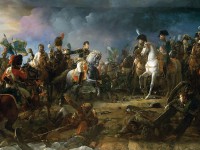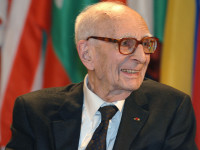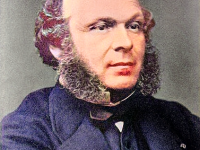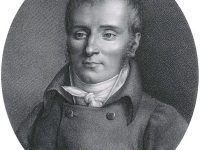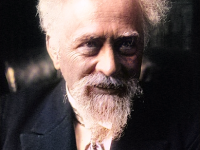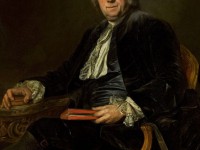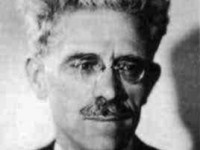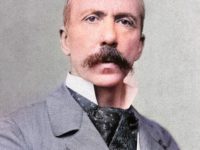Austerlitz – The Battle of the Three Emperors
On December 2, 1805, the Battle of Austerlitz, also known as the Battle of the Three Emperors, took place. It was one of the most important and decisive engagements of the Napoleonic Wars. Widely regarded as the greatest victory achieved by Napoleon, the Grande Armée of France annihilated a larger Russian and Austrian army led by Tsar Alexander I and Holy Roman Emperor Francis II. The battle occurred near the village of…
Read more

